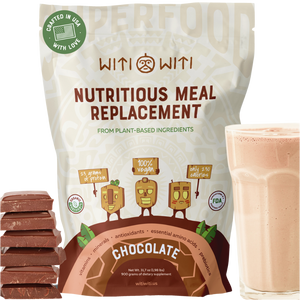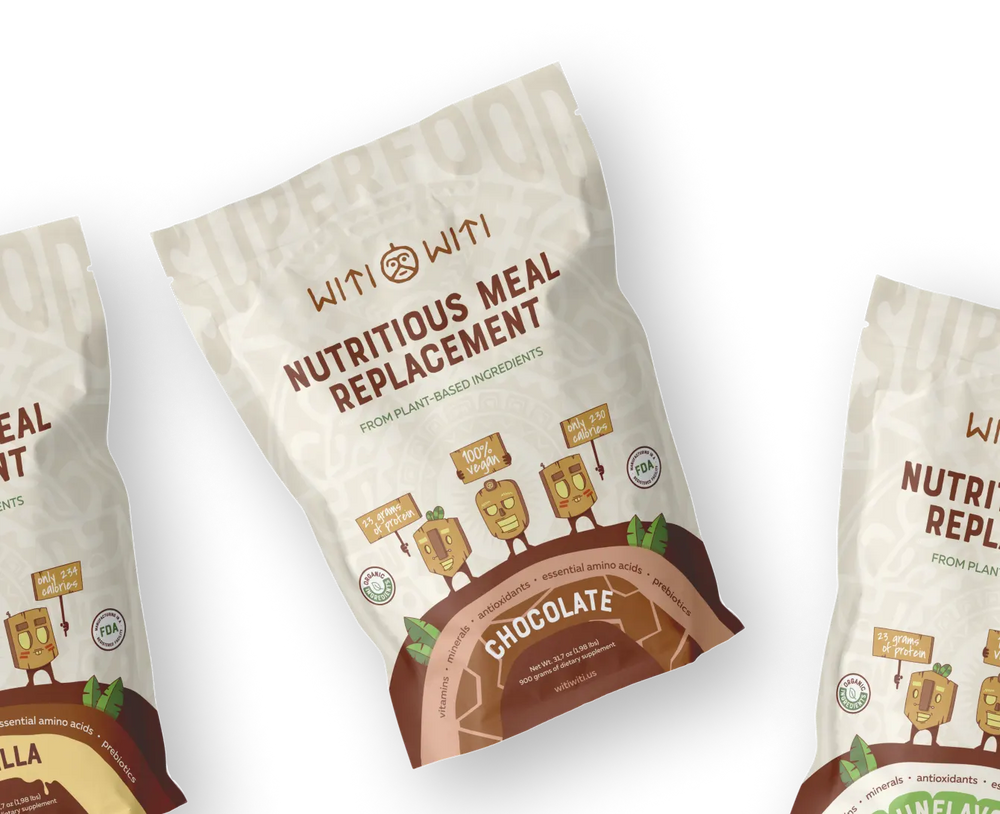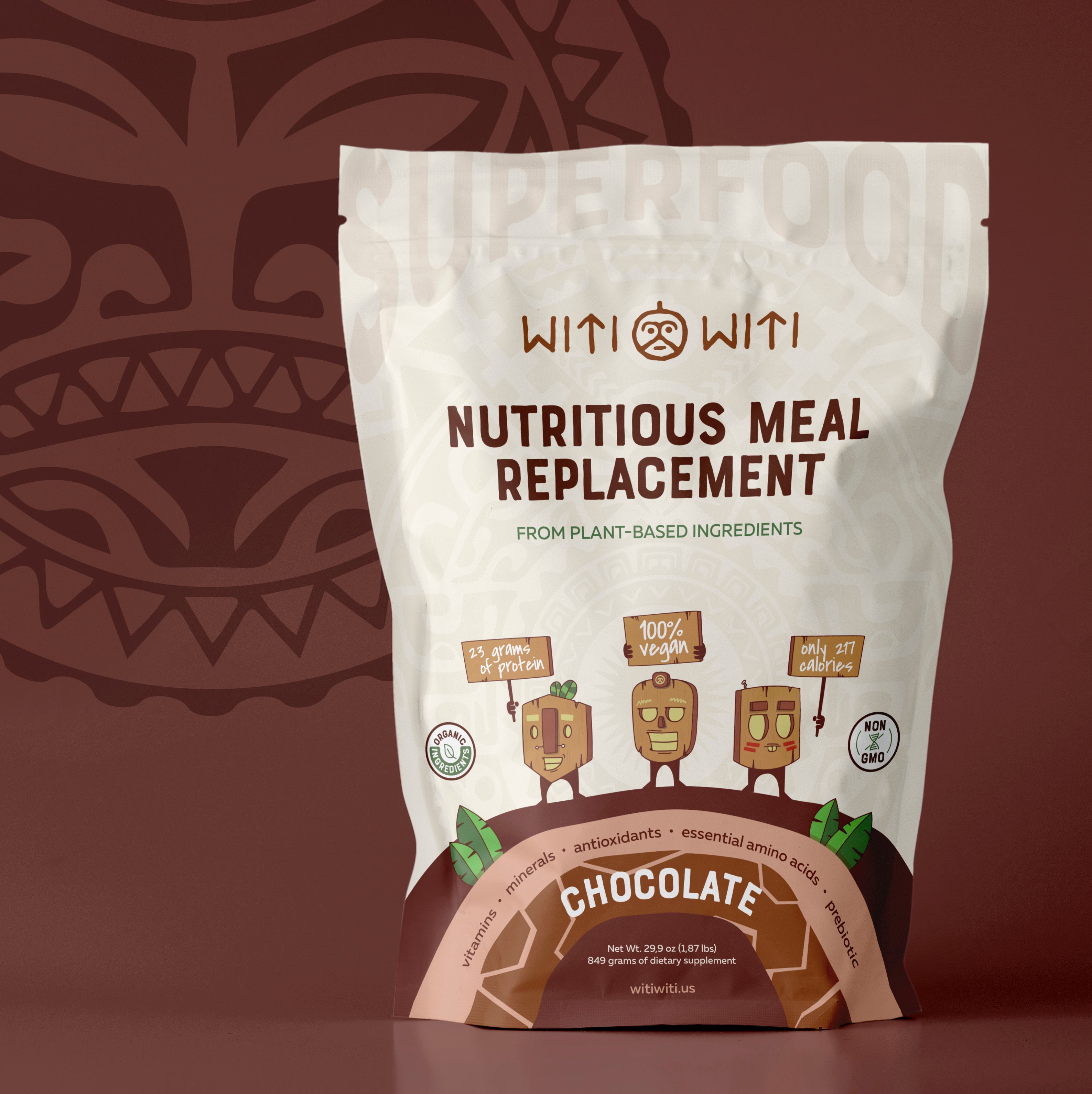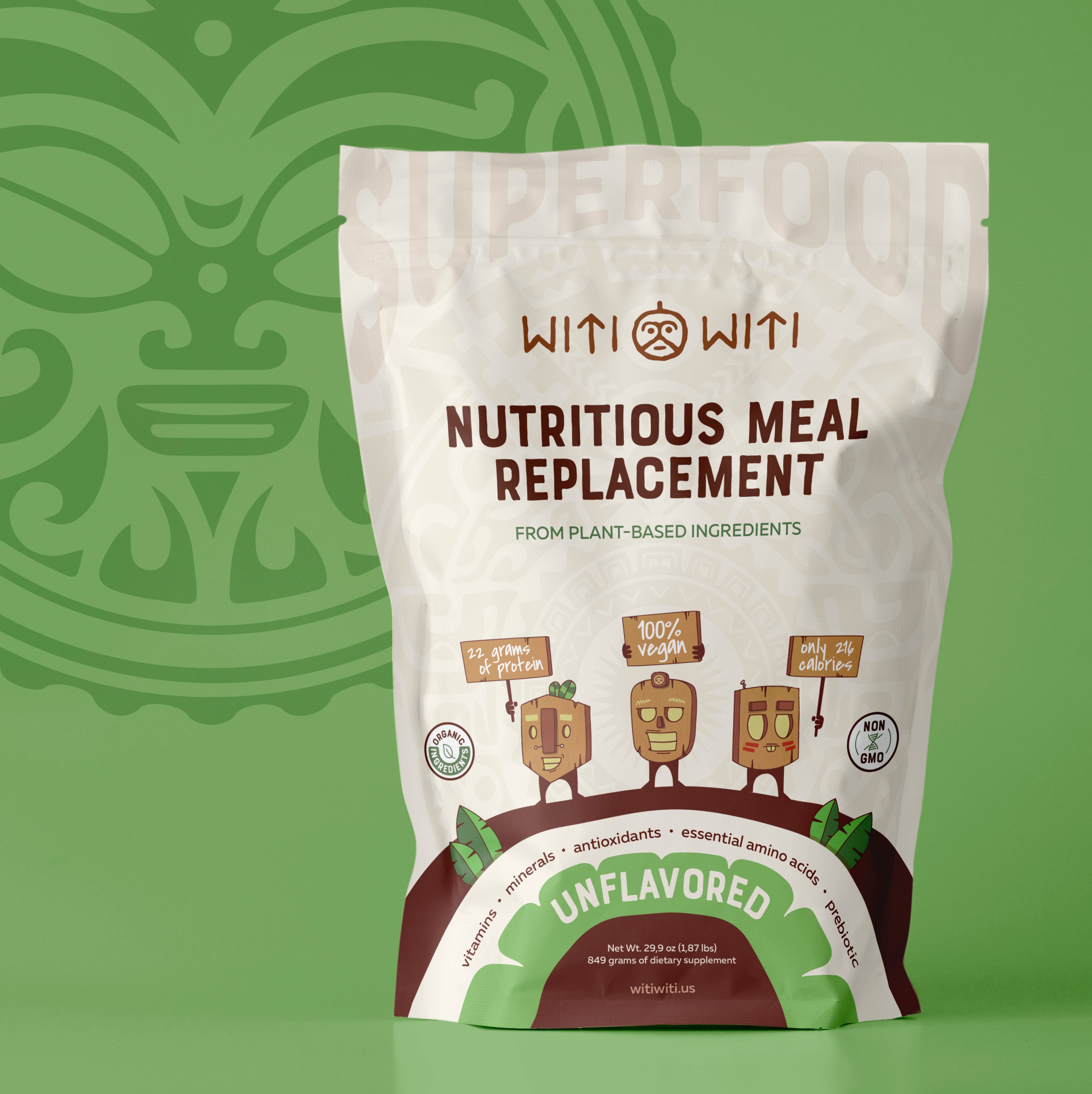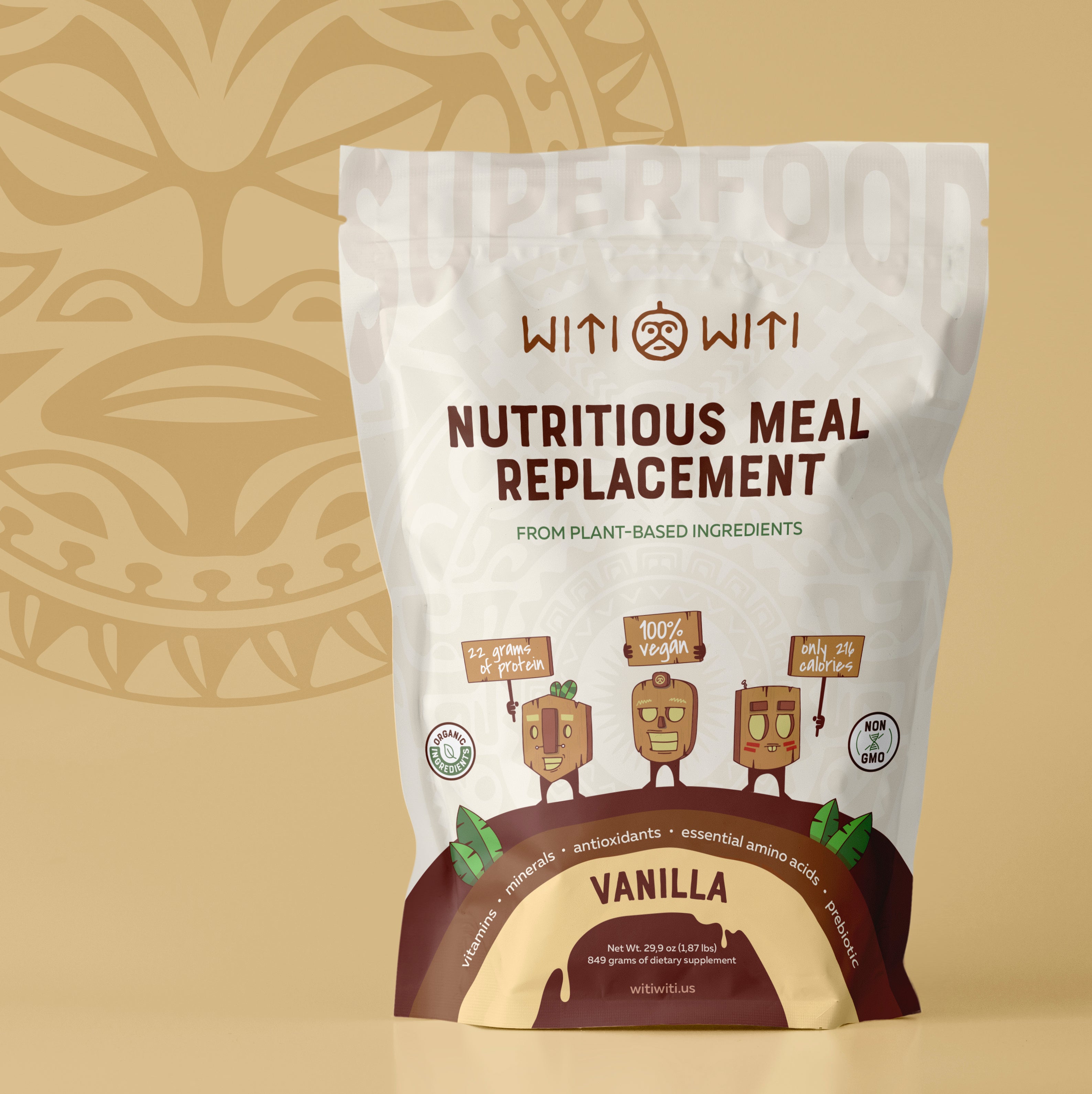Buckwheat, a versatile and nutrient-rich pseudo-cereal, has been gaining popularity as a healthy and gluten-free alternative to traditional grains. Despite its name, buckwheat is not related to wheat and is, in fact, a seed rather than a grain. With its unique nutritional profile and numerous health benefits, buckwheat has emerged as a superfood that deserves a place in every health-conscious individual's diet. In this article, we will explore the reasons why buckwheat is good for human health and how you can incorporate it into your daily meals.
benefits of Buckwheat:
High-Quality Protein Source
One of the standout features of buckwheat is its complete protein content. It contains all nine essential amino acids, which are the building blocks of proteins and vital for various bodily functions. This makes buckwheat particularly beneficial for vegans and vegetarians, who often struggle to find plant-based sources of complete proteins.
Gluten-Free and Allergy-Friendly
Buckwheat's gluten-free nature makes it an excellent choice for individuals with celiac disease, gluten intolerance, or those following a gluten-free diet. Its hypoallergenic properties also make it suitable for people with other food sensitivities or allergies.
Rich in Vitamins and Minerals
Buckwheat is packed with essential vitamins and minerals, including magnesium, manganese, phosphorus, potassium, zinc, copper, and B vitamins. These nutrients play critical roles in maintaining overall health, supporting the immune system, energy production, and the nervous system.
High in Dietary Fiber
The high fiber content in buckwheat promotes healthy digestion, aids in weight management by increasing satiety, and helps regulate blood sugar levels. Its soluble and insoluble fibers contribute to optimal gut health, reducing the risk of constipation and other digestive issues.
Heart-Healthy Benefits
Buckwheat has several properties that support heart health. The magnesium and potassium found in this pseudo-cereal can help regulate blood pressure, while its fiber content can lower bad cholesterol levels. Moreover, buckwheat contains bioactive compounds, such as rutin, which possess antioxidant and anti-inflammatory properties that protect against oxidative stress and may reduce the risk of cardiovascular disease.
Low Glycemic Index
With its low glycemic index (GI), buckwheat is an excellent option for people with diabetes or those looking to manage their blood sugar levels. Low-GI foods prevent rapid spikes in blood sugar, helping to maintain stable energy levels throughout the day.
Conclusion:
Buckwheat's impressive nutritional profile and health benefits make it a valuable addition to any diet. From providing complete proteins to promoting heart health and supporting digestion, this pseudo-cereal truly is a nutritional powerhouse. Embrace the power of buckwheat and incorporate it into your meals to experience its remarkable benefits for your health and well-being.
